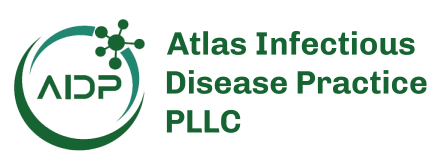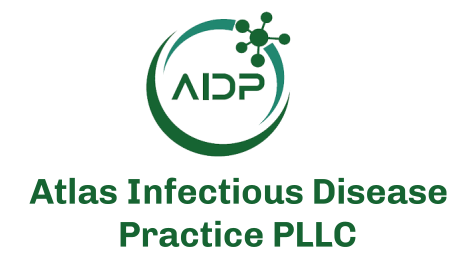
A newer vaccine against hepatitis B virus was clearly superior to an older vaccine type in inducing a protective antibody response among people living with HIV who didn’t respond to prior vaccination, according to the results of an international study led by a Weill Cornell Medicine investigator.
The study, reported Dec. 1 in JAMA, showed that hepatitis B vaccine with a cytosine phosphoguanine adjuvant, known as HepB-CpG, (trade name Heplisav-B) induced protective levels of antibodies in up to 99.4% of the subjects who received it. Such protection was seen in only 80.6% of subjects who received hepatitis B vaccine with an aluminum hydroxide adjuvant, known as HepB-alum, (trade name Engerix-B).
“These results suggest a potential path forward for the large number of people living with HIV who can’t get protection from older hepatitis B vaccines,” said study corresponding author Dr. Kristen Marks, an associate professor of medicine at Weill Cornell Medicine and an infectious disease specialist at NewYork-Presbyterian/Weill Cornell Medical Center.
Hepatitis B virus is spread mostly by the transfer of body fluids during childbirth, sex, needle-sharing during drug use. It can establish a chronic, often symptomless, liver infection that can progress to liver cirrhosis and/or liver cancer. The World Health Organization estimated in 2022 that more than 250 million people globally were living with chronic hepatitis B infection, and that more than a million would die from it that year.
In the United States, the large population of people with hepatitis B includes an estimated 5 to 10% of people living with HIV. People with HIV often have impaired immunity that limits their ability to fight the hepatitis B virus or to mount a protective immune response following vaccination.
The BEe-HIVe (B-Enhancement of HBV Vaccination in Persons Living With HIV) trial is a phase 3 study with 561 participants at 40 sites across North and South America, Africa and Asia. The participants are people with HIV who reported prior vaccination against hepatitis B but lacked protective levels of antibodies. The Weill Cornell Medicine HIV Clinical Trials Unit, with sites in Chelsea and the Upper East Side, enrolled participants in New York City and contributed to the overall success of the study.
Each participant received either HepB-CpG or HepB-alum. Both types of vaccine use the same quantity of the same lab-made hepatitis B virus protein to induce anti-hepatitis-B responses; they differ primarily in their “adjuvants,” which are compounds added to provide general stimulation to the immune system’s ability to mount an antibody response.
The United States Food and Drug Administration (FDA) approved HepB-CpG for use in adults in 2017. The results suggest that clinicians will now prefer it over alum-adjuvant vaccines for boosting immunity against hepatitis B in adults with HIV who have little or no existing antibody protection.
Prior research has found that Heplisav-B induces high rates of protective antibody responses in patients with diabetes or end-stage kidney disease who tend to respond poorly to traditional hepatitis B vaccines. In an earlier part of the current study, Dr. Marks and colleagues also found that Heplisav-B induced protective antibody responses in 100% of people with HIV who had otherwise never been vaccinated against hepatitis B.
The new analysis included three arms: the HepB-CpG vaccine in three doses, the HepB-alum vaccine in three doses, and the HepB-CpG vaccine in its standard regimen of two doses. Both of the Hep-CpG arms were superior to HepB-alum, with 99.4% (three-doses) and 93.1% (two doses) of people in those groups showing protective levels of vaccine-induced antibodies, compared with 80.6% of those in the HepB-alum group. The trial did not uncover new safety issues.
Dr. Marks and her colleagues are currently conducting a follow-up analysis of the durability of the antibody responses.
More information:
Kristen M. Marks et al, HepB-CpG vs HepB-Alum Vaccine in People With HIV and Prior Vaccine Nonresponse, JAMA (2024). DOI: 10.1001/jama.2024.24490
Citation:
International study shows updated hepatitis B vaccine more effective for people with HIV (2024, December 10)
retrieved 24 December 2024
from https://medicalxpress.com/news/2024-12-international-hepatitis-vaccine-effective-people.html
This document is subject to copyright. Apart from any fair dealing for the purpose of private study or research, no
part may be reproduced without the written permission. The content is provided for information purposes only.






